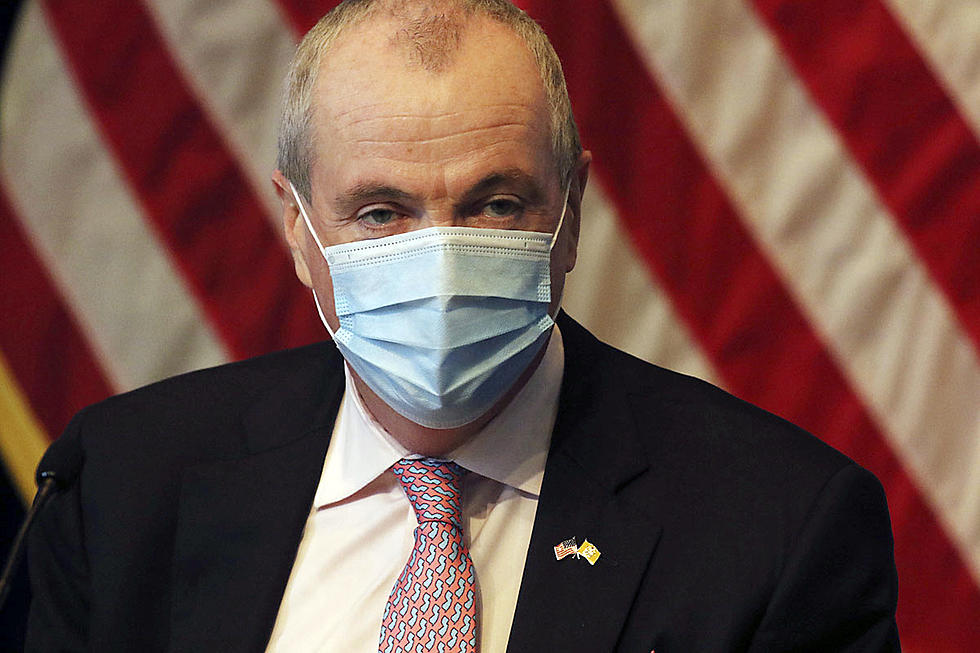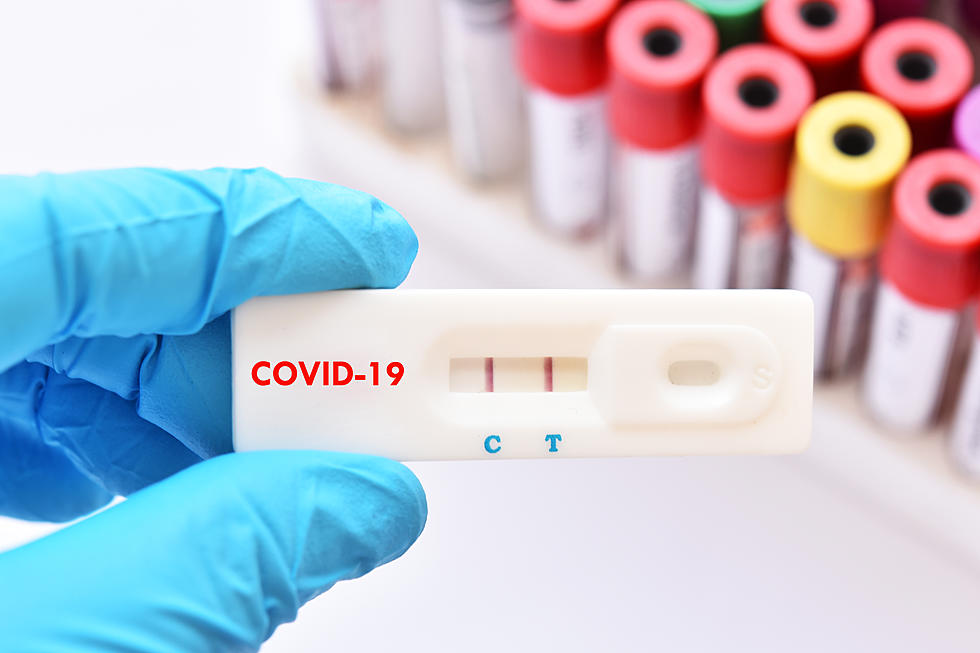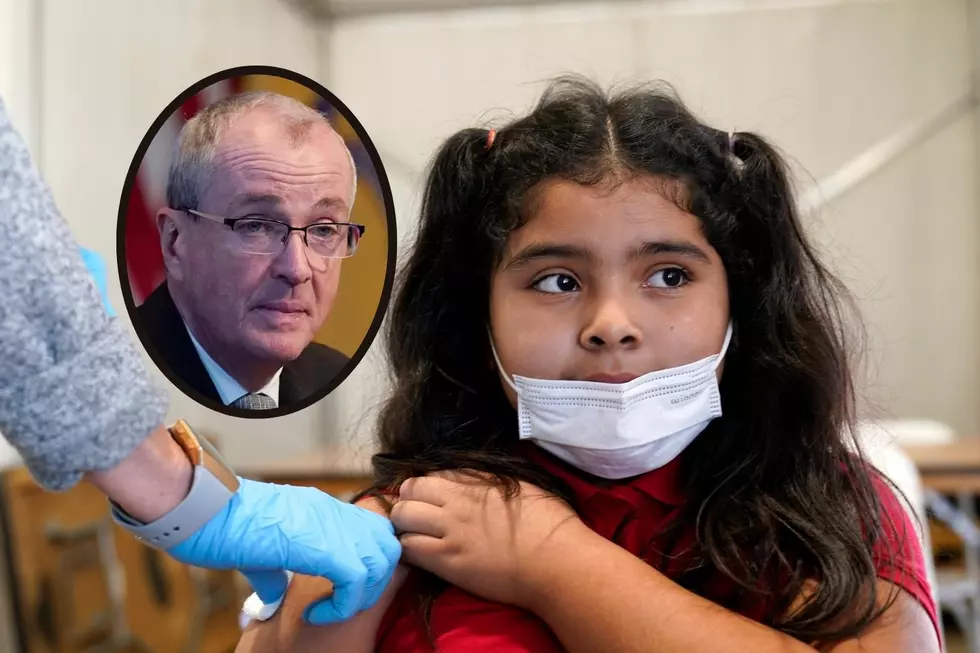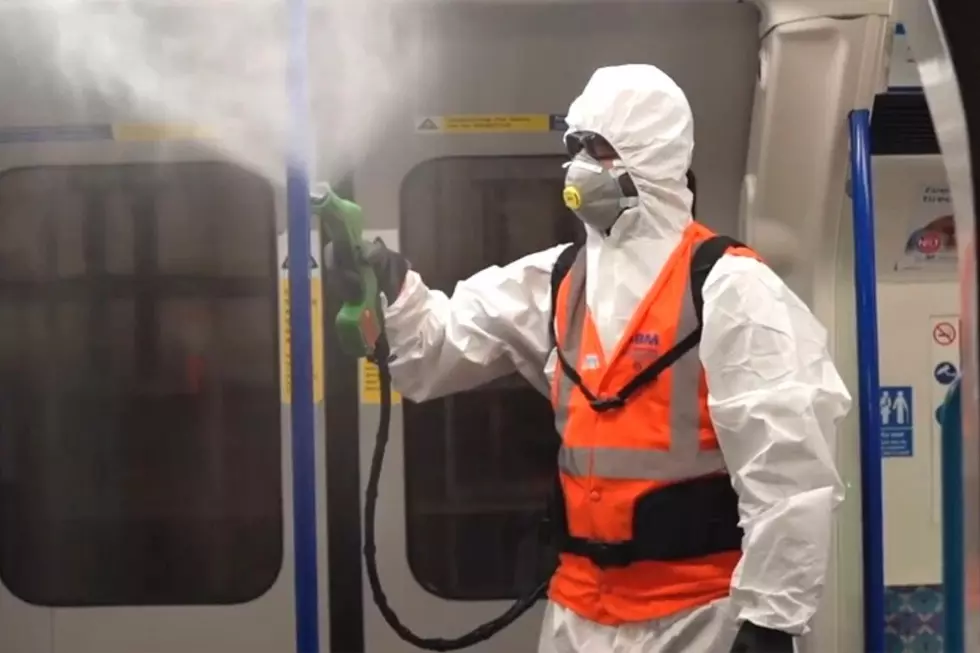
Woman who traveled from South Africa is NJ’s 1st confirmed omicron case
TRENTON — A woman who recently traveled from South Africa is both New Jersey and Georgia's first confirmed case of the omicron variant of COVID-19, authorities said late Friday.
The woman is a fully vaccinated Georgia resident who tested positive on Sunday, New Jersey Gov. Phil Murphy and the state Department of Health said in a press release. She sought care for moderate symptoms at an emergency room and is recovering and remaining in isolation, officials said.
The Georgia Department of Public Health said the woman was in Georgia for two days between arriving from South Africa and traveling onward to New Jersey.
"The Omicron variant is among us and we need to take steps to stop its spread. It is vital that residents remain as vigilant as possible as we await more information about the variant," Murphy said, urging residents to wear masks, get vaccinated and get a booster shot to reduce the spread of the virus.
The Health Department laboratory "performed sequencing on the specimen" to confirm it was the omicron variant. Georgia officials said contact tracing was ongoing in both Georgia and New Jersey. They said no additional cases have been found so far in Georgia.
Cases of the variant have also been detected in a number of states, including New York, Nebraska, Pennsylvania, California, Colorado and Hawaii.
While much is still unknown about the variant, including how contagious it is and whether it can thwart vaccines, early reports are raising alarms. New COVID-19 cases in South Africa, which first alerted the world to omicron last week, have burgeoned from about 200 a day in mid-November to more than 16,000 on Friday.
Some of the U.S. cases involve people who hadn't traveled recently, meaning the variant was likely already circulating domestically in some parts of the country.
Georgia Public Health Commissioner Kathleen Toomey urged more Georgia residents to seek vaccinations and boosters, noting only 51% of Georgians are fully vaccinated, and only 20% of those have received boosters.
(Copyright 2021 The Associated Press. All rights reserved. This material may not be published, broadcast, rewritten or redistributed.)
More From 94.3 The Point










